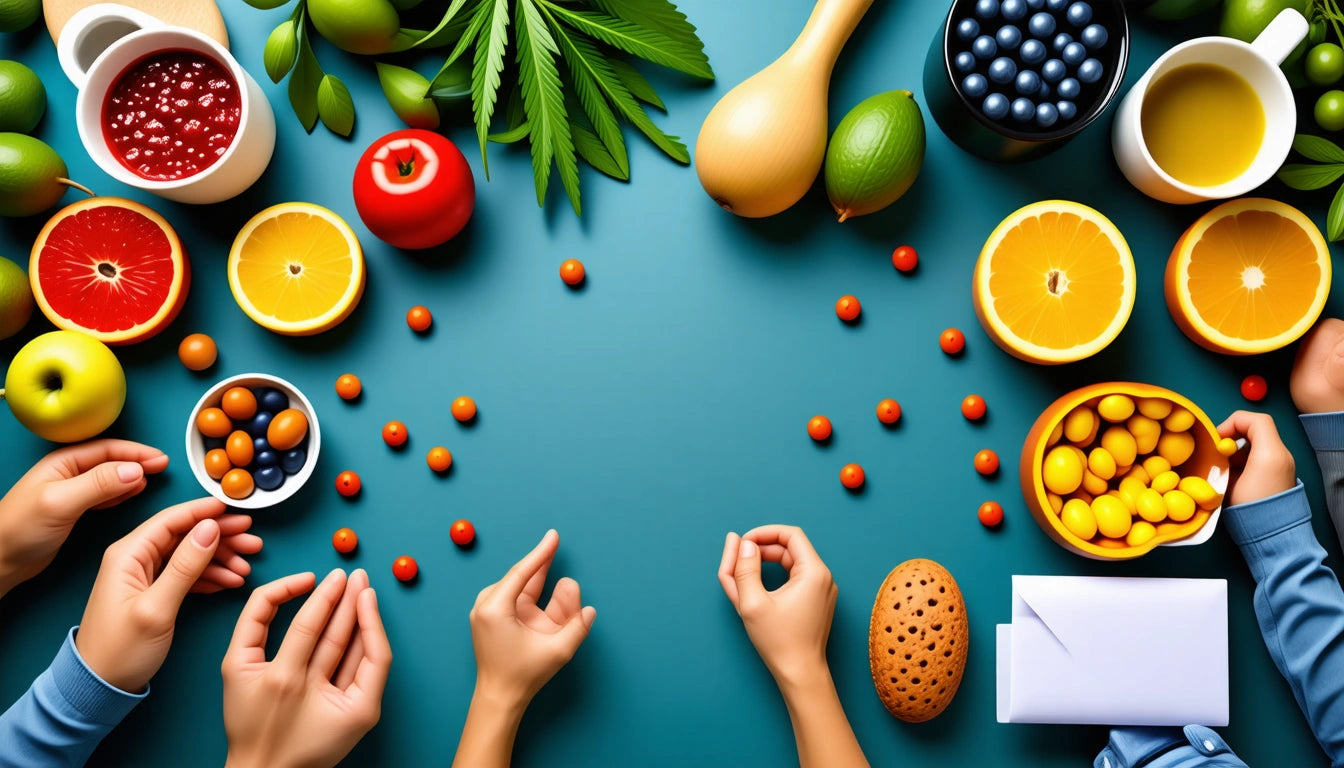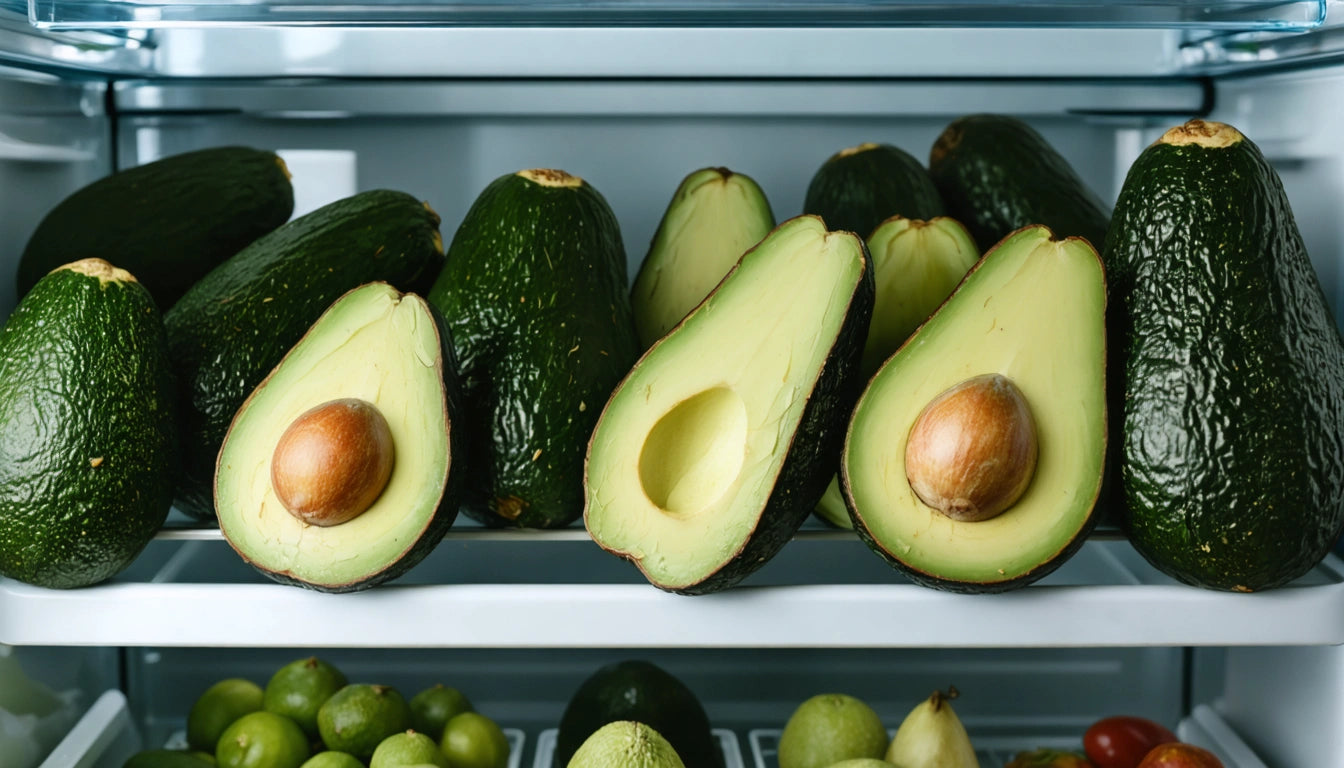- Understanding the Munchies: Why Cannabis Triggers Hunger
- Prevention Strategies: How to Avoid Getting Munchies When High
- Healthy Alternatives: Best Munchies When High
- Mindful Consumption: How to Not Eat While High
- Strain Selection: Choosing Cannabis Less Likely to Cause Munchies
- Long-Term Management: Balancing Enjoyment and Dietary Goals
Managing the Munchies: Tips and Tricks for Controlling Cravings When High
The infamous "munchies" are a well-known side effect of cannabis consumption. That sudden, intense hunger can lead to excessive snacking and potential weight gain over time. Whether you're concerned about calorie intake or simply want to maintain control over your eating habits while enjoying cannabis, there are effective strategies for managing these cravings. This guide offers practical solutions for how to avoid the munchies when high and make healthier choices when hunger does strike.
Understanding the Munchies: Why Cannabis Triggers Hunger
The munchies aren't just a cultural stereotype. They have a scientific basis. THC, the primary psychoactive compound in cannabis, interacts with the endocannabinoid system, which plays a role in regulating appetite. Specifically, THC binds to CB1 receptors in the brain, which can:
- Enhance sensory perception of food, making flavors more intense
- Increase production of ghrelin, the "hunger hormone"
- Stimulate the hypothalamus, which regulates hunger signals
- Make eating more rewarding by triggering dopamine release
Understanding these mechanisms is the first step in developing strategies for how to stop the munchies when high. By recognizing that these cravings have a physiological basis, you can approach management more effectively.
Prevention Strategies: How to Avoid Getting Munchies When High
Prevention is often easier than resistance. Consider these proactive approaches to prevent munchies before they begin:
Eat Before Consuming Cannabis
Having a satisfying, balanced meal before using cannabis can significantly reduce hunger pangs later. Focus on protein and fiber-rich foods that provide lasting satiety.
Stay Hydrated
Dehydration can sometimes be mistaken for hunger. Keep water readily available and consider adding lemon or cucumber for flavor without calories. Proper hydration is also essential for managing your high effectively.
Plan Your Environment
Remove tempting snacks from your immediate vicinity. If unhealthy options aren't easily accessible, you're less likely to indulge. This environmental control is a powerful strategy for how to not eat when high.
Healthy Alternatives: Best Munchies When High
If hunger does strike, having healthier alternatives ready can satisfy cravings without excess calories or guilt. Consider these options for the best munchies when high:
Fruit and Vegetable Options
- Frozen grapes or berries (sweet, satisfying, and take time to eat)
- Sliced apples with a small amount of nut butter
- Cucumber or carrot sticks with hummus
- Frozen banana "ice cream" (blend frozen bananas until creamy)
Protein-Rich Snacks
Protein helps satisfy hunger more effectively than simple carbohydrates. Consider:
- Greek yogurt with berries
- Hard-boiled eggs
- Edamame beans
- Small portions of nuts or seeds
For more ideas on satisfying yet healthier options, check out our guide to the best foods when high.
Mindful Consumption: How to Not Eat While High
Developing mindfulness techniques can help you resist the urge to overindulge:
Distraction Techniques
Engaging in activities that occupy your mind and hands can help you avoid mindless eating. Consider:
- Playing video games or board games
- Creating art or crafting
- Taking a walk or light exercise
- Watching an engaging movie or show
For more activity ideas, explore our top activities for enjoying your high.
Mindful Eating Practices
If you do eat, practice mindfulness to enhance satisfaction with smaller amounts:
- Eat slowly and savor each bite
- Use smaller plates to control portions
- Chew thoroughly before taking another bite
- Focus on the sensory experience of eating
Strain Selection: Choosing Cannabis Less Likely to Cause Munchies
Not all cannabis affects appetite equally. Consider these factors when selecting strains:
THC:CBD Ratios
Strains with higher CBD and lower THC content may produce less intense munchies. CBD can moderate some of THC's effects, potentially including appetite stimulation.
Terpene Profiles
Some terpenes may influence appetite differently. For example, humulene has been studied for potential appetite-suppressing properties. Strains rich in this terpene might be less likely to trigger intense hunger.
Understanding how to minimize certain effects of your high can help you make more informed choices about which products to use.
Long-Term Management: Balancing Enjoyment and Dietary Goals
For regular cannabis users, developing sustainable strategies is essential for long-term success in managing munchies:
Tracking and Awareness
Keep a journal of which strains, consumption methods, and situations trigger the strongest munchies for you. This personal data can help you make more informed choices.
Scheduled Indulgence
Rather than fighting cravings entirely, some users find success in planning limited indulgences. Allowing yourself occasional treats within defined limits can be more sustainable than strict restriction.
Remember that finding the right balance is personal. What works for one person may not work for another. Experiment with different approaches to discover the most effective strategies for how to avoid getting munchies when high in your specific case.
By combining prevention techniques, mindful consumption, strategic strain selection, and healthy alternatives, you can enjoy cannabis while maintaining control over your eating habits. The key is developing awareness of your personal patterns and implementing targeted strategies that address your unique challenges.











Leave a comment
All comments are moderated before being published.
This site is protected by hCaptcha and the hCaptcha Privacy Policy and Terms of Service apply.